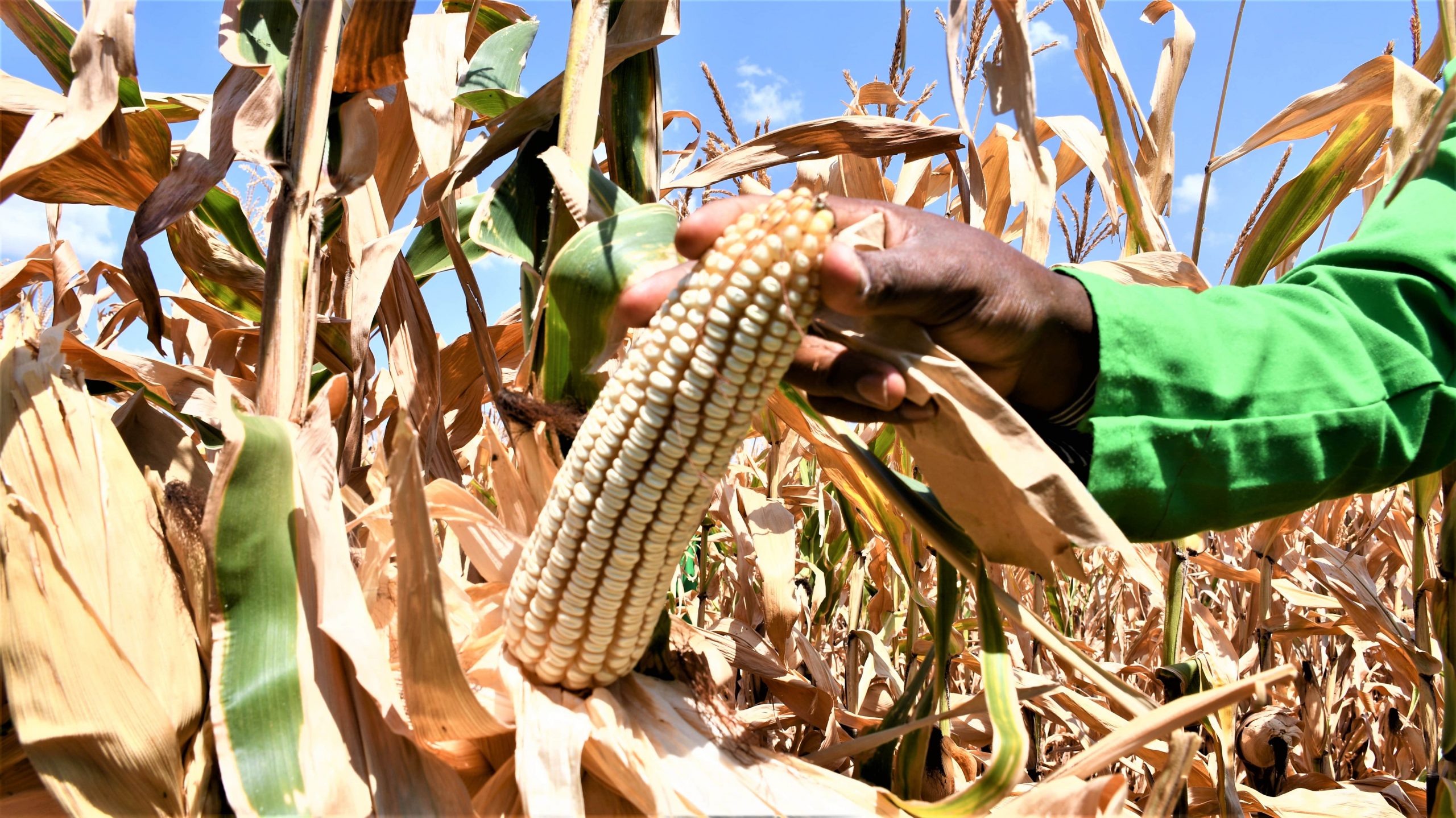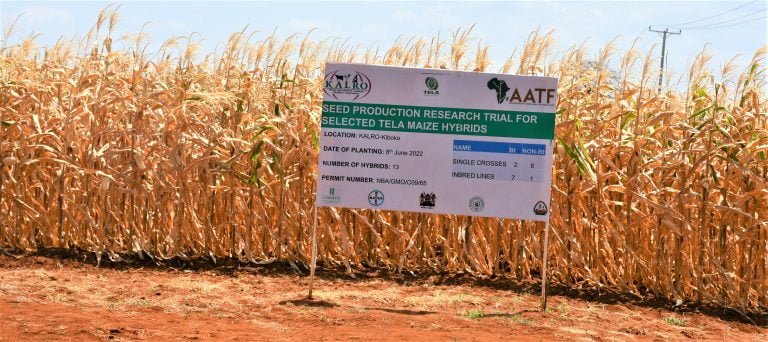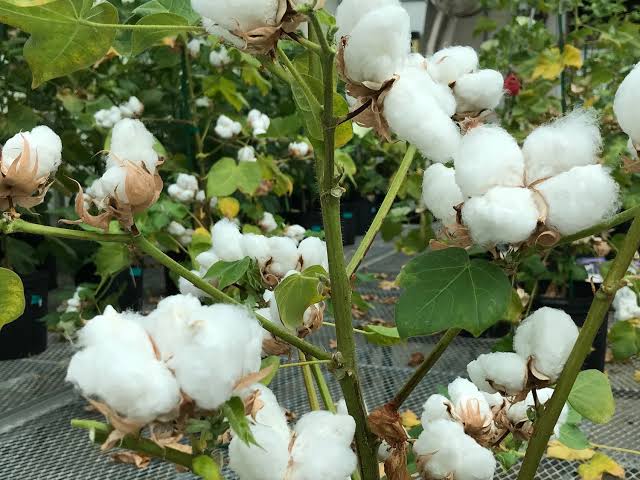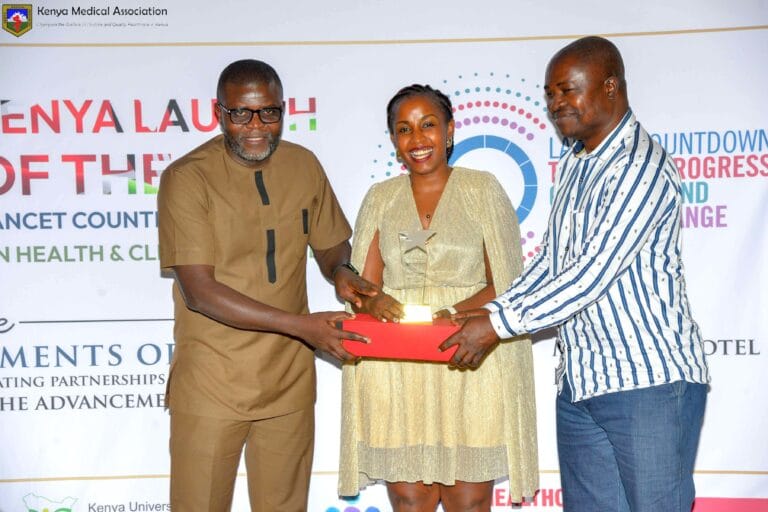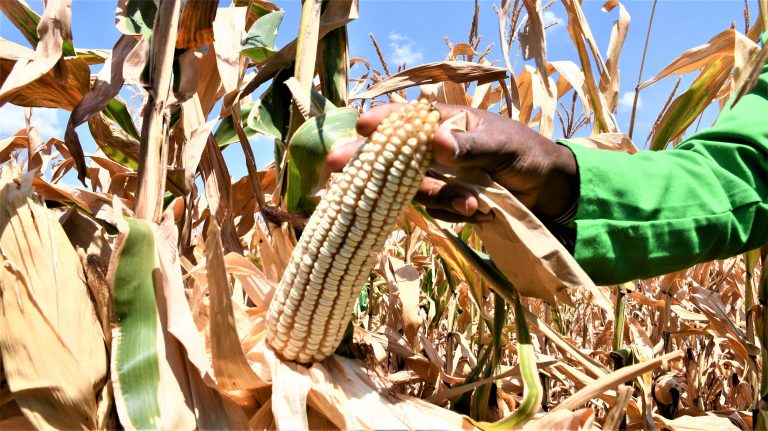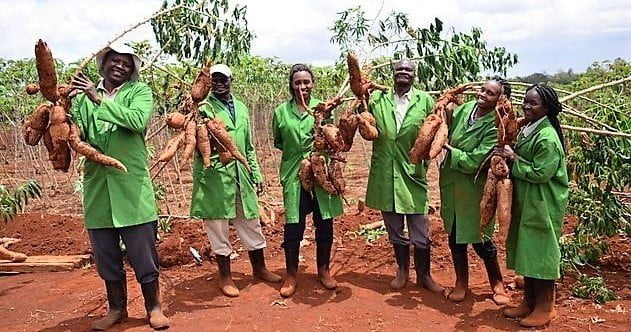By Kimuri Mwangi
The Clergy have come out in support of GMO food after the court lifted the case banning them but emphasized on the need to educate the public more on the subject.
Rev Fredrick Ngugi, the National Chairman, Association of Pentecostal and Evangelical Clergy of Kenya (APECK) said that they had learned that GMO food is not about poison or anything that you eat and harms your body but it is good food that is only modified in a way that is able to resist diseases, to resist pests or even to grow much faster and even produce much more.
During a meeting organized by Kenyatta University Biotechnology Consortium (KUBICO) in Kiambu to sensitize the clergy on the way forward, Ngugi said there has been a lot of misinformation being peddled around about GMO.
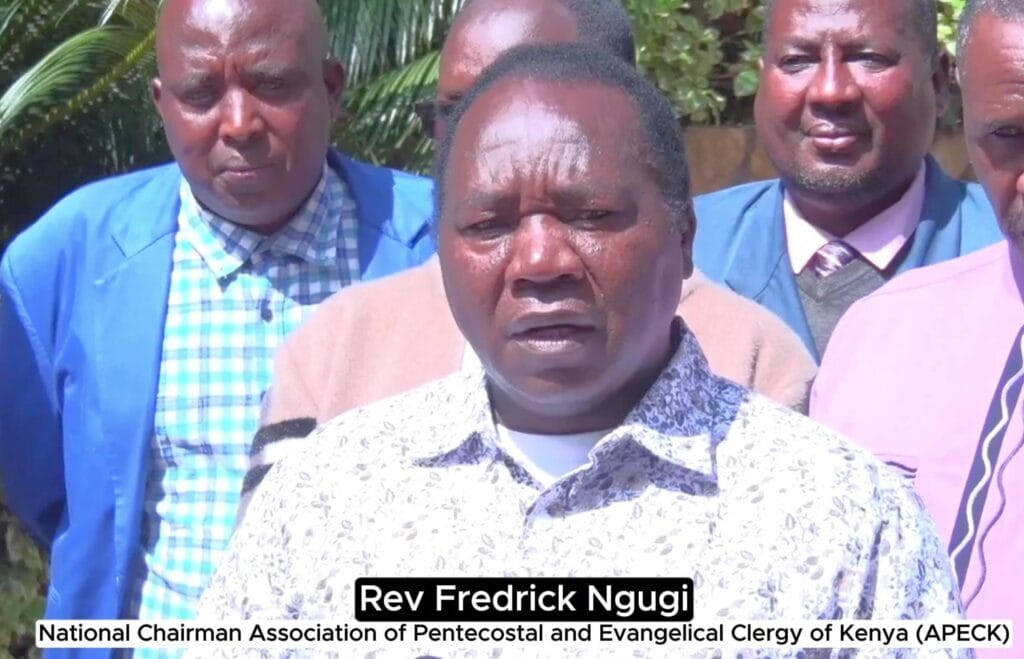
“By the way, all along I thought GMO is that food that once you eat, you develop cancer. We did not know that it’s only a mere method of perhaps picking a gene from a more resistant plant, then putting it into our maybe, say, maize. Then once they are developed, they make the plant more resistant either to drought or to diseases or to the pest,” said Ngugi. “We are here basically to learn how we can improve our farming through adopting and embracing the new scientific method of farming and also understand this GMO that has been discussed in this country, which most Kenyans do not know about.”
He added that as clergy they lead a lot of people in the country which has been experiencing food insecurity and therefore wanted to know how best they can embrace ways and means of doing better farming away from the traditional methods, which have been there for far too long yet food problems persist.
“We have good land, we have water, we have very hard-working Kenyans. We have learned that there are many other countries that have embraced this modern technology of farming and they are food secure. And some are even smaller countries than Kenya,” the cleric opined.
Bishop John Chere, the Chairman of the Association of Pentecostal and Evangelical Clergy of Kenya (APECK) Githunguri Sub County, said it is the high time that the country moved on to alleviate the suffering of Kenyans through embracing the GM technology to guarantee food security.
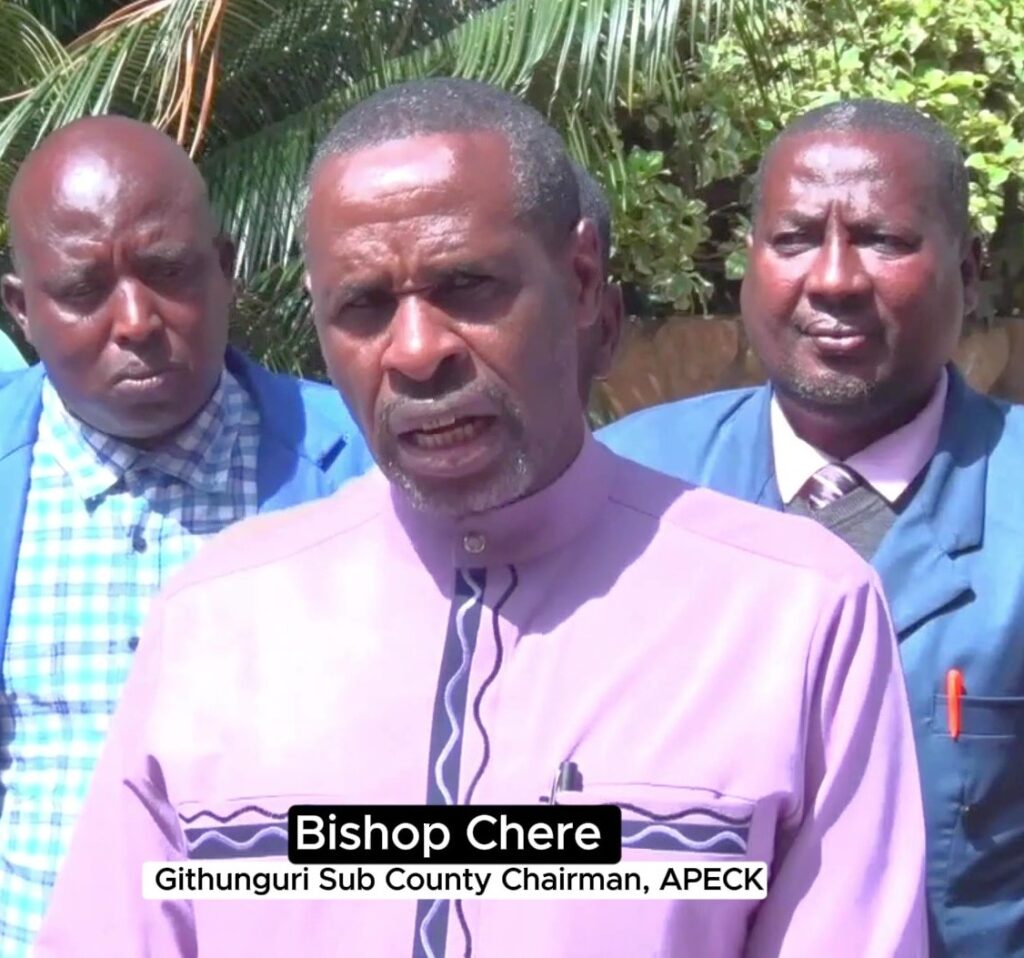
“We have been living in a myth that GMO is actually an animal which we could not be able to describe. Now we have the information that GMO is actually there to make us food sufficient and it has no harm. But it is like we were made to believe that GMO is very bad simply because somebody somewhere wants to take advantage of our ignorance. And as you know information is power, we are more powerful today than we were when we came here,” said Bishop Chere. “Now we will be able to actually preach this gospel to others and we really appreciate telling our people that GMO is safe. We have been taken through these steps. And we also urge our leaders who are so vocal in condemning it that unless we join hands together we will still continue suffering from food insufficiency.”
Dr. Joel Ochieng, who leads the graduate private learning programme at the University of Nairobi and also the Secretary General of the Kenyatta University Biotechnology Consortium (KUBICO) said the meeting was important in making known the potential of the country to improve food production through these technologies.
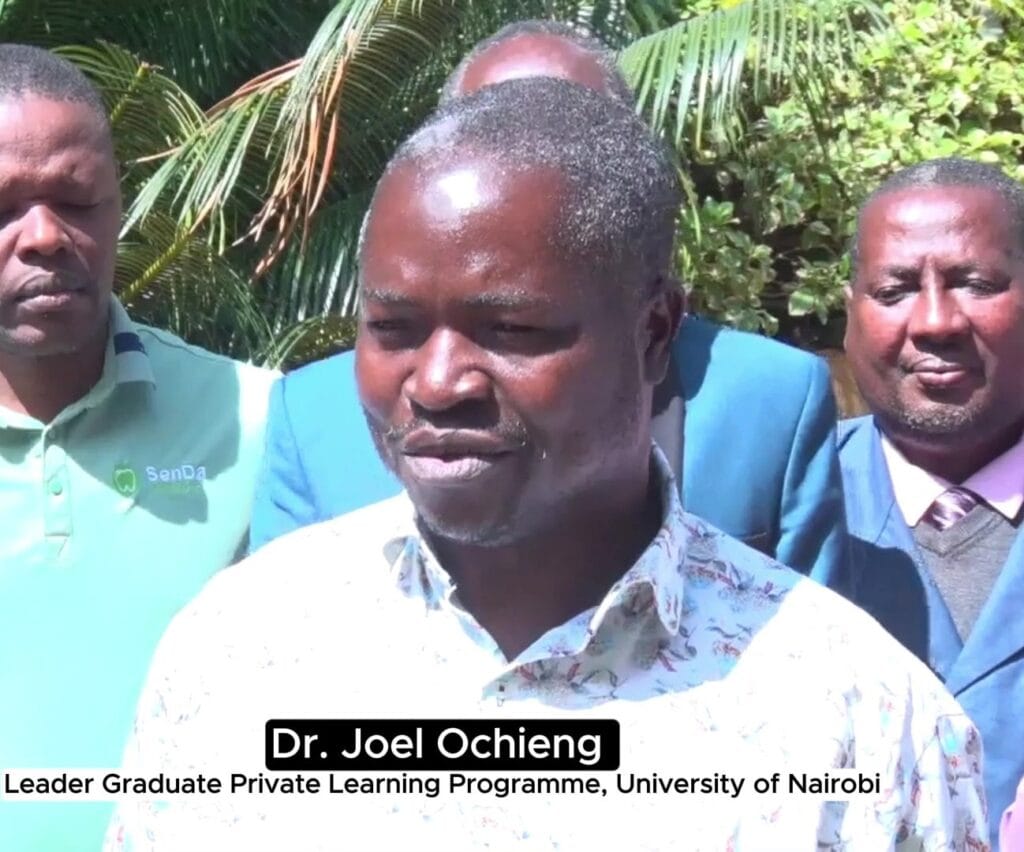
The Don said that we have good technologies that can be applied to improve food production and therefore avoid suffering for millions of Kenyans who are facing starvation and can also reduce importation of food products that we are able to produce into the country.
According to Ochieng, one of the reasons why these technologies have not been adopted well is that the masses have not gotten the information.
“We are choosing the church mainly because these are trusted messengers and we know they speak the truth. We know they have no conflict of interest. And we know very well that the clergy have managed to pass information on other technologies in the past such as the HIV campaign in the last 20 or 30 years in Kenya. Their method and their ability and their motive is just that their members get true information and nothing else. So, we hope that the government will support that cause,” he added.
Richard Oduor, a Professor in Molecular and Cell Biology and the Registrar of Research at Kenyatta University said that for a long time the discussions around this new technology and GMO in particular has been confined to politicians, lawyers, judges and students but all those are familiar population and community.
“The most critical bit that we never thought about is the clergy because they speak to socio-economics. It has nothing to do with science because these are people who have the ability to actually convince you on matters that you were promised and you can’t touch. And therefore, they have a very unique place in our society. They speak to socialisation, they speak to belief and faith. That is an area that many of us professors and all those scientists are weak in,” he opined.
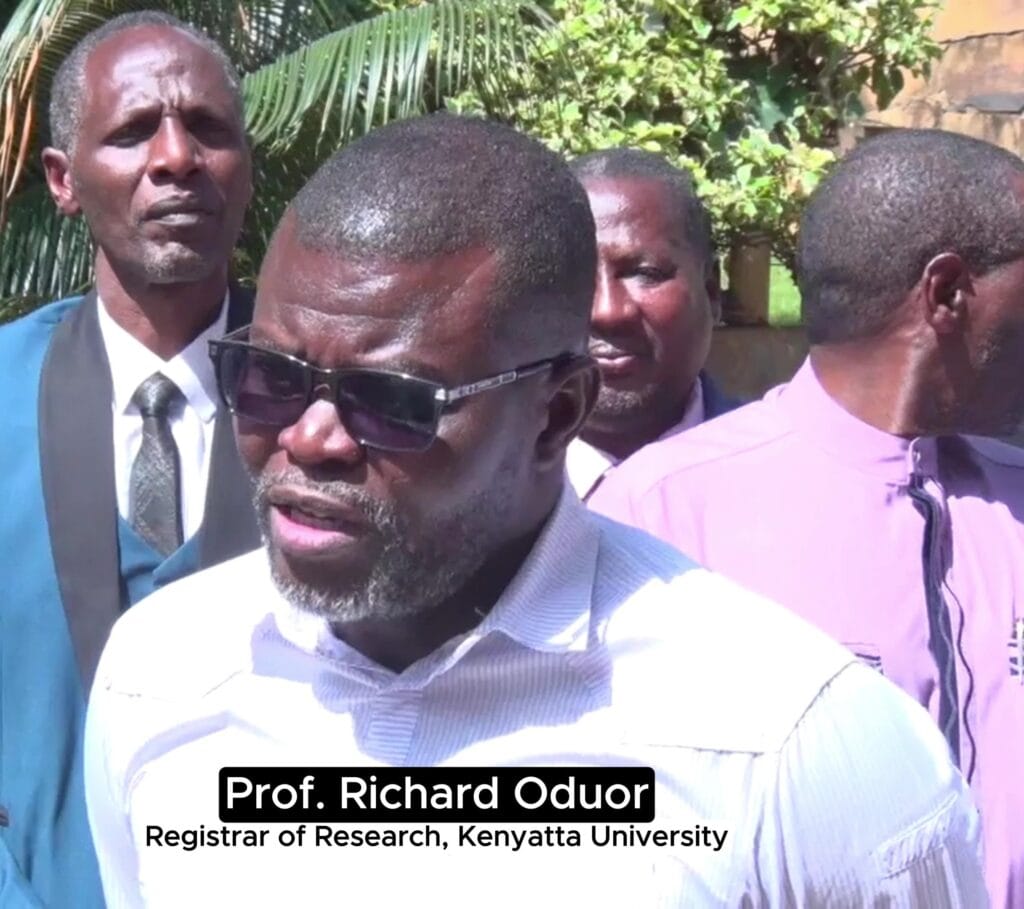
According to Oduor, they had had free discussions with the clerics who pointed out areas that they need to strengthen and what to do. “And from where I sit I think we need to take this forward and ask the government to support a lot more of these such discussions for GMO and any other technologies including Artificial Intelligence that are coming in.”
The high court dismissed several petitions challenging the lifting of the ban on GMO crops early this month. This has paved the way for cultivation and importation of GMO food in the country.


